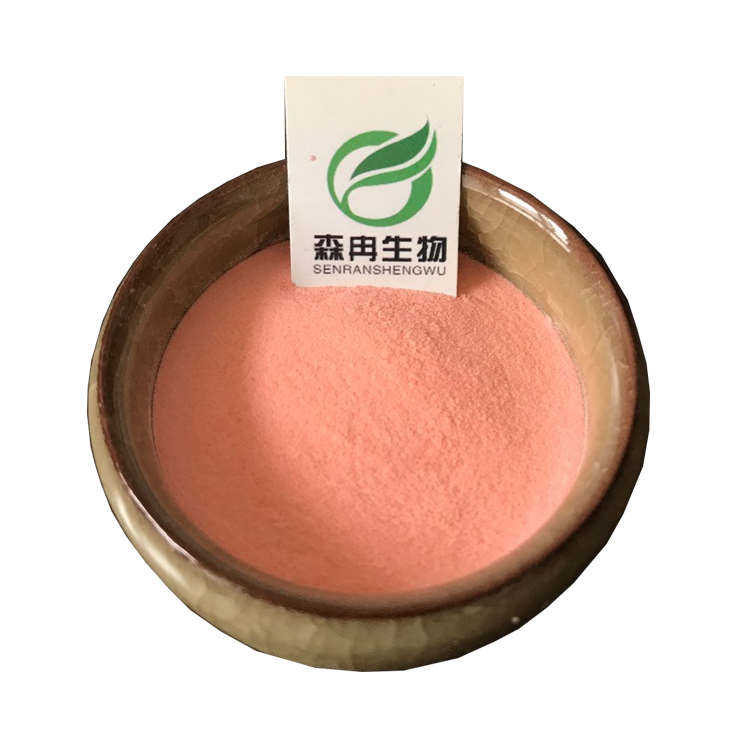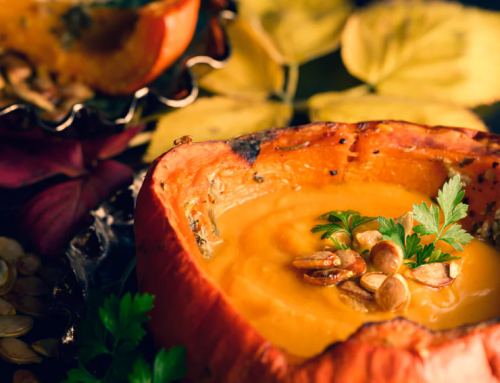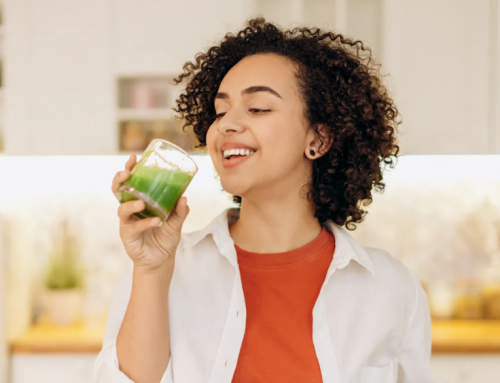Acerola cherry is a plant that is native to tropical regions of the Western Hemisphere. It’s also commonly called the West Indies cherry, Barbados cherry, or just simply “acerola.” It’s believed that the shrub-like plant originated in southern Mexico and the Caribbean.
Acerola produces cherry-like berries, but it’s not a true cherry. These berries are pleasant-tasting and have been used in modern and folk medicine. Traditional uses include treatment for liver ailments, diarrhea, dysentery, coughs, and colds.
Recently, there has been interested in using acerola’s vitamin C content as a supplement. There are many health and wellness claims made about this supplement, but not all have research to back them up.
Acerola is most well-known for being extremely rich in vitamin C. Because of this, it’s often used to help with or prevent colds or flu. It’s also used as an antioxidant nutrient. Together with vitamin C, acerola may be taken to boost immunity.
Similar to witch hazel, acerola cherry is an astringent. This could make it helpful for treating skin blemishes, promoting skin elasticity, and aiding digestive issues. It may even have used as an antimicrobial mouthwash.
Other uses of acerola include:
- antidepressant
- antifungal
- athletic endurance
- diarrhea
- dysentery
- skin astringent (cream)
Consume the berry or fruit part of the acerola plant for its health benefits. Its taste tends to be described as sweet, fragrant, and astringent. It’s easily eaten raw or cooked into dishes.
The best way to get the fruit is to grow your own because of acerola cherry’s quick perishability. You can also preserve fresh acerola cherries by freezing them as soon as you pick them.
The fruit is most commonly found in supplement form. This is because the berry decomposes within five days of harvest, losing much of its nutrition. Even juices spoil easily unless preservatives are added. Still, the best way to take acerola cherry is by eating the fruit. Supplements should not be your first choice.
Supplement forms include:
- capsule
- chewable
- liquid extract (tincture)
- powder
The powder supplement is quite popular. Made from dehydrated and powdered acerola cherry juice, this can be mixed into beverages, smoothies, juices, and more. You can also make smoothies from your frozen berries.
There is no clinical research to support a safe dose of acerola. It’s safe to say that you can follow guidelines of vitamin C supplementation when taking acerola at home. This is because this vitamin contributes the most to acerola’s nutritional content.
Recommendations may vary depending on the supplement product you buy. Follow dosage directions on the label if you’re uncertain of how much to take.





